Those Eating a Modified Paleo Diet Or Suffering From a GI Disorder Could Be Zinc Deficient
You are vegan or vegetarian and you don't eat grains or meat.... could be that you are zinc deficient. People at risk of zinc deficiency or inadequacy need to include good sources of zinc in their daily diets. Supplemental zinc might also be appropriate in certain situations. Zinc is an essential mineral that is found in almost every cell!!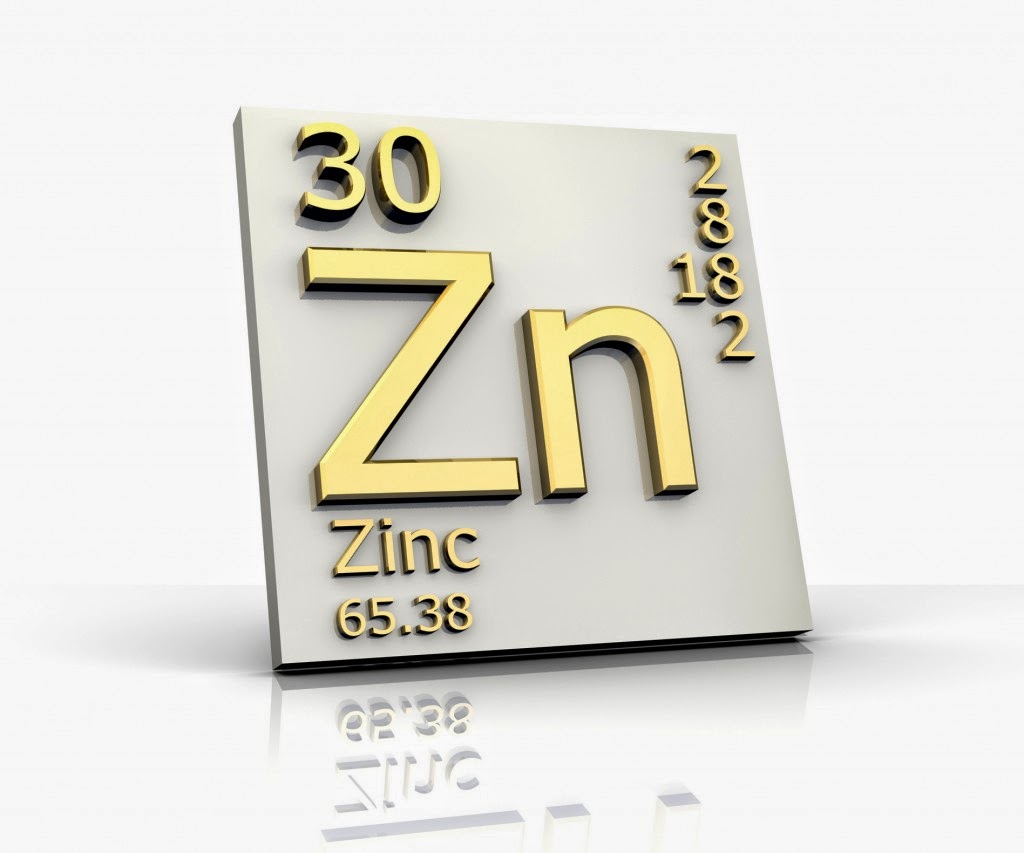 Those with GI issues, or who have had GI surgery or IBD, UC, Chrohn's disease, etc, can see a decreased zinc absorption and increase endogenous zinc losses primarily from the gastrointestinal tract and, to a lesser extent, from the kidney
Those with GI issues, or who have had GI surgery or IBD, UC, Chrohn's disease, etc, can see a decreased zinc absorption and increase endogenous zinc losses primarily from the gastrointestinal tract and, to a lesser extent, from the kidneyVegans and vegetarians get zinc through plants, and the bioavailability of zinc from vegetarian diets is lower than from non-vegetarian diets because of this. Meat is high in bioavailable zinc and may enhance zinc absorption. Legumes and whole grains, which contain phytates that bind zinc and inhibit its absorption, so if you are vegan or vegetarian then that lends a better reason for why you may be looking at the paleo diet. For those that still use some grains, legumes or other iffy foods, you really need to make certain that you reduce the binding of zinc by phytates and increase its bioavailability through soaking beans, grains, and seeds in water for several hours before cooking them and allowing them to sit after soaking until sprouts form. I found this really great soaking and sprouting image that I think many of us could use from Vidya Cleanse - here on Facebook. Unless you consume reasonable quantities of assorted soaked and sprouted nuts, seeds and raw peas, mushrooms and broccoli your diet most likely contains inadequate zinc levels. Soybeans have the highest levels of phytic acid of any legume and this chelates (binds with) zinc and makes it unable to be absorbed, one more reason to dump the soy from your life completely.
There is a fact that obese individuals have low zinc and poor leptin regulation. This decrease in zinc leads to a leptin issue that can cause the body to build more ‘fat body mass’ as opposed to lean body mass. And zinc deficiency has been linked to various chronic ailments including infertility. Zinc deficiency also inhibits TSH release in the anterior hypophysis and brings about a decrease in thyroid hormone levels and is involved in the structure of 1,5-deiodinase enzyme which transforms T4 to T3. If you have any sort of thyroid and infertility struggles you know what all of that means to your health. For men a little zinc supplements may actually help raise your testosterone levels, as will adding in that all needed weight training.
I can tell you that from all of my research I've seen that both Type 1 and Type 2 diabetics tend to be deficient in zinc. Zinc deficiency affects the ability of the pancreatic beta cells to respond to the body’s call to produce and secrete insulin. If that cute little pancreas does not produce and secrete enough insulin , your levels of glucose in the blood stay high.
Zinc is required for the synthesis of serotonin, which stimulates the sensation of satiety and reduces food intake. Now dopamine activation decreases food intake and high-dose zinc administration was shown to inhibit the binding of dopamine to D 1 and D 2 receptors, which are important in dopamine's food intake-inhibiting effect. So you need to make sure you do not take too much zinc if you find to be deficient.
And guess what, zinc is known as a copper ‘antagonist’ or ‘competitor’... so low zinc almost always means high copper. So you need one to balance the other. Zinc has a big impact on our other nutrients. In fact, zinc deficiency is thought to interfere with vitamin A metabolism, and vitamin A deficiency may exacerbate iron-deficiency anemia. Makes me wonder what my daughter's real internal issues are because she eats meat, but has been tested low iron. Could it be that she is not absorbing zinc, among other nutrients, and that it's just this cascading waterfall of issues? I also have low iron, and a condition called xerophthalmia (dry eye), which can be caused by low vitamin A....ah the brain is spinning thinking about all of this.
Now keep in mind that thiazide diuretics such as chlorthalidone (Hygroton®) and hydrochlorothiazide (Esidrix® and HydroDIURIL®) increase urinary zinc excretion by as much as 60%, and antibiotics and zinc supplements should be taken four hours apart. So don't just go starting supplementation without talking to your doctor and/or pharmacist.
You can try the Optimal Zinc Lozenge (http://bit.ly/OptimalZinc) for supplementation because it's a really good bioavailable supplement, and is good dosage that can be cut in half for a lower dosage as well. It is free of magnesium stearate, milk/casein, eggs, fish, shellfish, tree nuts, peanuts, wheat/gluten, corn, yeast and soybeans and contains no artificial colors, flavors or preservatives.
An adult needs 40 mg of zinc a day, and if you think about the fact that you're only getting about 1 mg in an oz of almonds. Here's an article with vegan zinc sources which may give you an idea on why so many of us are zinc deficient. http://www.veganhealth.org/articles/zinc Unfortunately zinc is hard to test for... so good luck to us all. ;)





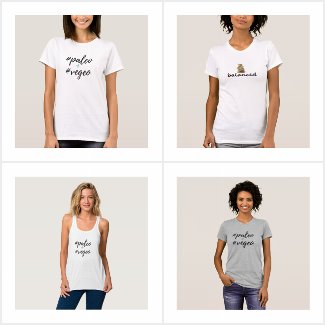

















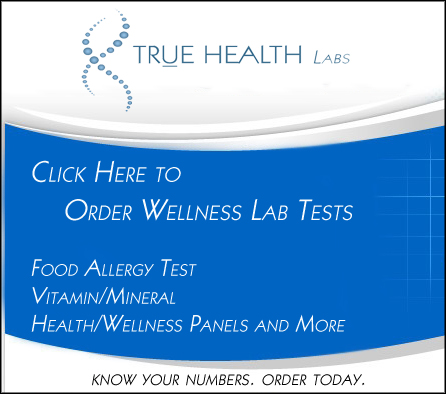






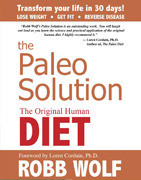
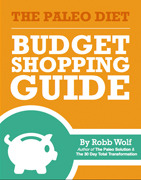
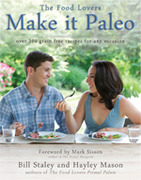
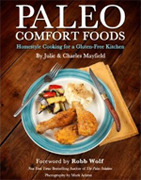


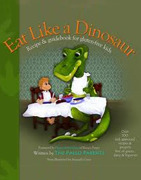
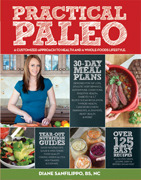
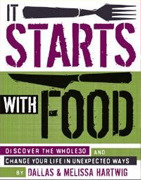
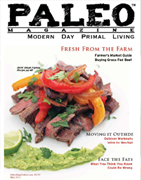
0 comments:
Post a Comment